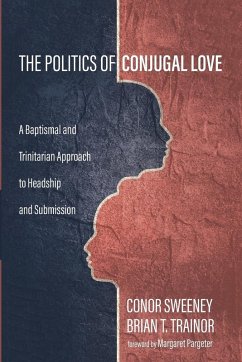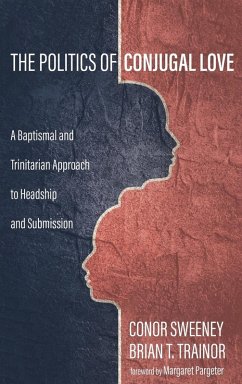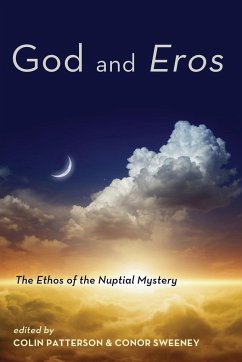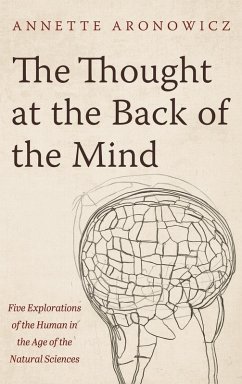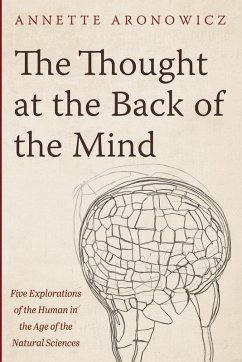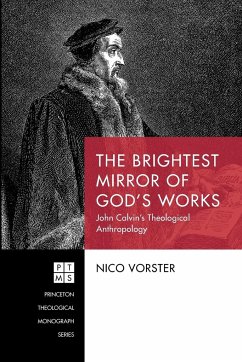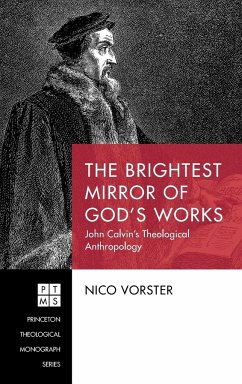Does the New Testament teach that a wife must submit to her husband as head? If so, does it have a lasting value beyond the cultural milieu in which it was first articulated? The Politics of Conjugal Love takes a fresh approach to this classic issue in theological anthropology, paying specific attention to the role of theological hermeneutics in its interpretation. Conor Sweeney and Brian T. Trainor contend that both ""subordinationist"" and ""anti-subordinationist"" readings of headship and submission miss the mark. Their alternative is a baptismally specified trinitarian reading in which headship and submission appear as modes intrinsic to both life in Christ and the love proper to the highest mode of trinitarian love.
Hinweis: Dieser Artikel kann nur an eine deutsche Lieferadresse ausgeliefert werden.
Hinweis: Dieser Artikel kann nur an eine deutsche Lieferadresse ausgeliefert werden.

